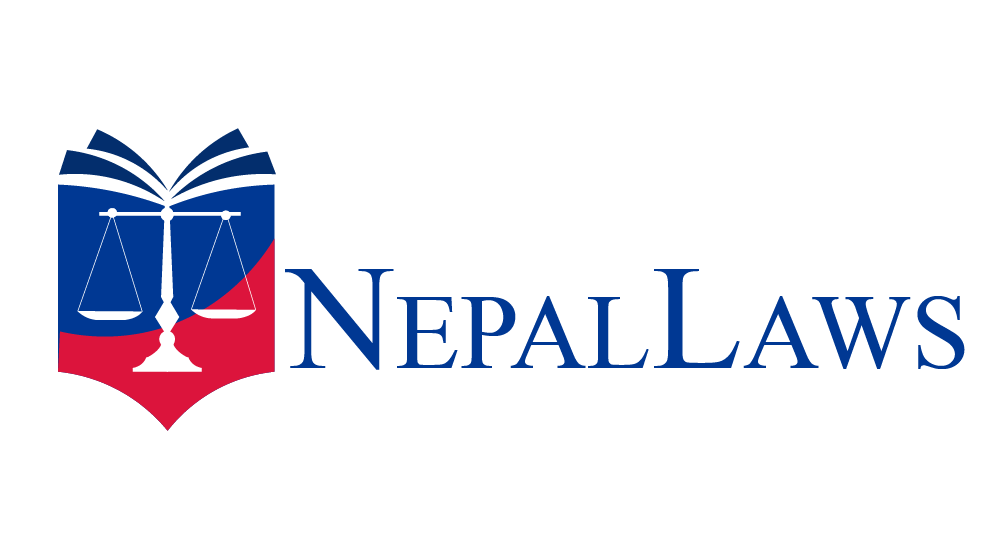An Initial Public Offering (IPO) is the process by which a private company offers its shares to the public for the first time, enabling it to raise capital for growth, debt reduction, or business expansion. For investors, it offers the opportunity to buy stocks early in a company’s development, potentially leading to profits.
An IPO is the first sale of a company’s stock to the public, typically as a way to raise capital for expansion, pay off debt, or fund other business ventures. The company issuing the IPO generally is a private entity seeking to expand its ownership to the public. In return, investors can purchase the company’s shares and potentially benefit from its future growth.
In Nepal, IPOs are becoming increasingly important for the country’s economic development and for expanding the capital market, helping you understand how these processes impact Nepal’s growth.
Why Are IPOs Important for Nepal?
IPOs enable companies to raise significant capital, boosting liquidity and growth opportunities in Nepal’s relatively small yet growing capital market, thereby supporting economic progress.
As the market expands, the government can raise funds for public infrastructure projects, thereby improving the country’s overall economy.
The rise of IPOs has the potential to attract domestic and international investors, making the market more diverse and giving you more opportunities to participate and benefit.
For companies, going to the public allows them to access new financial resources for future projects.
For companies, going to the public allows them to access new financial resources for future projects.
IPOs are especially important for Nepal because they help channel the country’s limited domestic savings into productive investment, reduce reliance on bank lending, and support the growth of emerging sectors such as hydropower, insurance, and technology.
In a developing economy where capital markets remain shallow, IPOs broaden ownership, improve transparency, and give ordinary Nepali like you access to wealth-creation opportunities.
They also help formalise businesses, strengthen corporate governance, and attract both domestic and foreign investment, reduce reliance on bank lending, and support the growth of emerging sectors such as shallow, IPOs broaden ownership, improve transparency, and give ordinary Nepali access to wealth-creation, crucial for Nepal’s economic modernisation and long-term financial stability.
How to Participate in IPOs in Nepal?
Participating in IPOs in Nepal is relatively easy for retail investors, although competition is fierce due to oversubscription.
Here are the essential steps:
To participate in IPOs, investors must open a Demat account (electronic shareholding account) through an authorised depository participant (DP).
Most IPOs in Nepal are processed through the Mero Share platform, where investors can apply for IPO shares.
Investors must meet certain eligibility requirements set by SEBON to apply for IPOs, including having a valid PAN number.
Once the IPO opens, investors can apply through the Mero Share portal by entering the required details, such as the number of shares they wish to apply for.
What Are the Benefits of IPOs for Investors?
For investors, IPOs offer access to new, potentially lucrative investment opportunities. IPOs can offer early entry into growing companies, with the potential for substantial capital gains once the shares are listed on the public market.
Investing in IPOs allows investors to diversify their portfolios by adding stocks of newly listed companies from various sectors, reducing their risk exposure, and increasing long-term growth opportunities.
Although IPOs can be volatile in the short term, many companies experience growth after going public, leading to long-term returns for patient investors.
Successful IPOs can offer excellent growth prospects as companies use the capital raised to fund expansion and development.
Challenges in IPOs in Nepal
While IPOs are a crucial financial tool, the process in Nepal presents challenges for both companies and investors.
Here are certain points faced by the companies and investors in Nepal:
Common Issues Faced by Companies
- Regulatory Hurdles - Companies must comply with strict regulations of the Securities Board of Nepal (SEBON) and submit detailed prospectuses, which can be time-consuming and expensive.
- Market Volatility - Nepal’s stock market is relatively young, and market conditions can change rapidly, making IPOs risky for both companies and investors.
- Under-pricing or Overpricing - Companies often face difficulties in pricing their IPOs, either undervaluing or overvaluing their shares, leading to post-IPO price instability.
Problems for Investors
- Oversubscription – IPOs in Nepal are often oversubscribed, meaning there is more demand than the number of shares available. This results in many investors not getting the number of shares they applied for.
- Lack of Information – Retail investors often struggle to get detailed financial information and transparent disclosures from companies, making it difficult to make informed investment decisions.
- Post-IPO Volatility – The stock price of IPO companies may not perform well in the secondary market due to overpricing, leading to losses for early investors.

How Does the IPO Process Work in Nepal?
In Nepal, IPOs are regulated by the SEBON under the Securities Act, 2063. The company wishing to go public must meet specific requirements:
- Public Limited Company Status – Only public companies can issue shares to the public.
- Profitability – The company should have a history of profitability for at least two consecutive years.
- Proper Documentation – A detailed prospectus must be submitted, including financial statements, management details, risk factors, and the use of funds raised.
Here is the step-by-step process for the IPO in Nepal:
- Pre-IPO Preparation – The company hires underwriters, financial advisors, and legal teams. They also need to prepare a prospectus.
- SEBON Approval – The company submits its prospectus to SEBON for review. SEBON ensures compliance with regulations.
- Pricing and Allotment – Once approved, the IPO is priced, and shares are offered to the public. Companies can choose between fixed pricing and book-building methods.
- Public Offering – After the pricing, shares are offered to investors through various channels, like the Mero Share platform.
- Listing on the Nepal Stock Exchange (NEPSE) – Once the offering is complete, shares are listed on the Nepal Stock Exchange for trading.
What Are the Risks of IPOs in Nepal?
High Market Volatility
Nepal’s capital market is still maturing, and IPOs can be subject to significant price swings after the listing.
It is essential for investors to carefully consider the risks and not rely solely on short-term returns.
Limited Information for Investors
In many cases, especially for newly public companies, there may be limited information available to investors.
A lack of historical data and performance records can make it challenging to assess the company’s future viability.
Potential Losses Post-IPO
If a company’s stock price falls after the IPO, investors who purchased at the offering price may face financial losses.
Therefore, investors must exercise caution and conduct thorough research before making any investment decisions.
How Are IPO Prices Determined in Nepal?
The price of an IPO is determined through two main methods:
Under this method, the company sets a fixed price for the shares before offering them to the public.
The fixed price is usually based on the company’s valuation, market conditions, and financial performance.
In this method, investors are invited to place bids for shares within a price band. The final price is determined by demand and the bids received.
This method offers greater pricing flexibility and is considered more market-driven.
What Are the Benefits and Drawbacks of IPO for Companies?
Here are the benefits and drawbacks of IPOs for companies:
| S.N. | Benefits for Companies | Drawbacks for Companies |
|---|---|---|
| 1. | IPOs allow companies to raise substantial capital for growth, debt reduction, or strategic acquisitions. | The IPO process can be expensive due to underwriting, legal fees, and regulatory requirements. |
| 2. | Going public increases a company’s visibility in the market, attracting more customers and investors. | Companies must comply with SEBON regulations and give up some degree of control to public shareholders. |
| 3. | IPOs often offer employees stock options, motivating them to perform well and stay with the company. | Publicly traded companies face constant scrutiny from investors and analysts, which can lead to market pressure. |
Conclusion
In conclusion, IPOs in Nepal are a vital part of the country’s developing capital market, providing companies with the funds needed for growth and giving investors access to the potential of emerging businesses. To make the most of these opportunities, both investors and issuers must understand the associated risks, challenges, and regulatory requirements, including the expectations that come with listing and ongoing compliance.
For companies, going public can unlock capital and significantly enhance market visibility, but it also brings increased scrutiny and the need to meet higher governance and disclosure standards. As Nepal’s capital market matures, IPOs are likely to become even more important in supporting economic growth and diversifying investment options. Whether you are considering investing in an upcoming IPO or planning to list your company, it is essential to stay informed about SEBON’s announcements and guidelines, conduct thorough due diligence, and seek advice from qualified financial professionals to maximise the benefits of IPO opportunities in Nepal’s expanding capital market.





